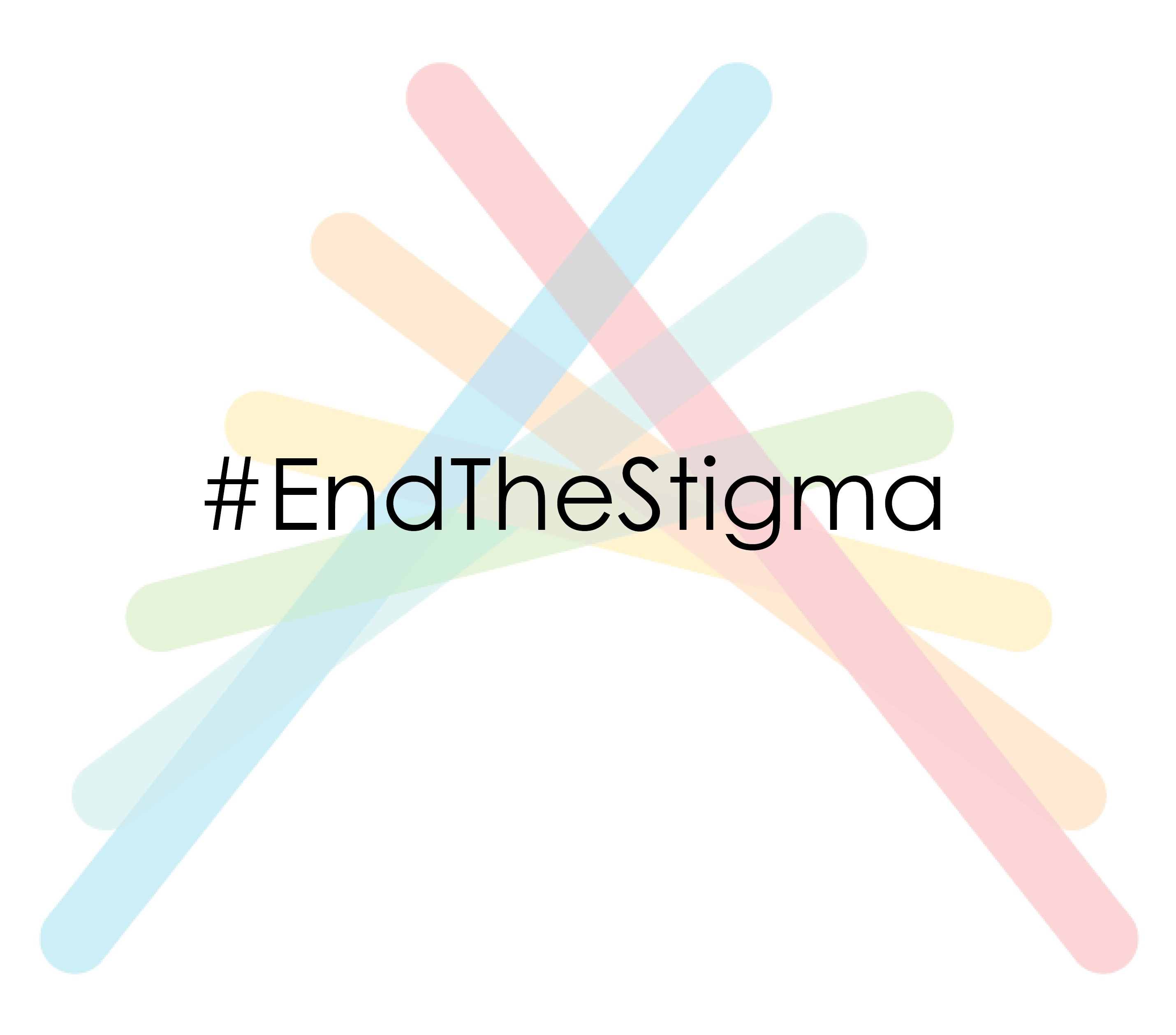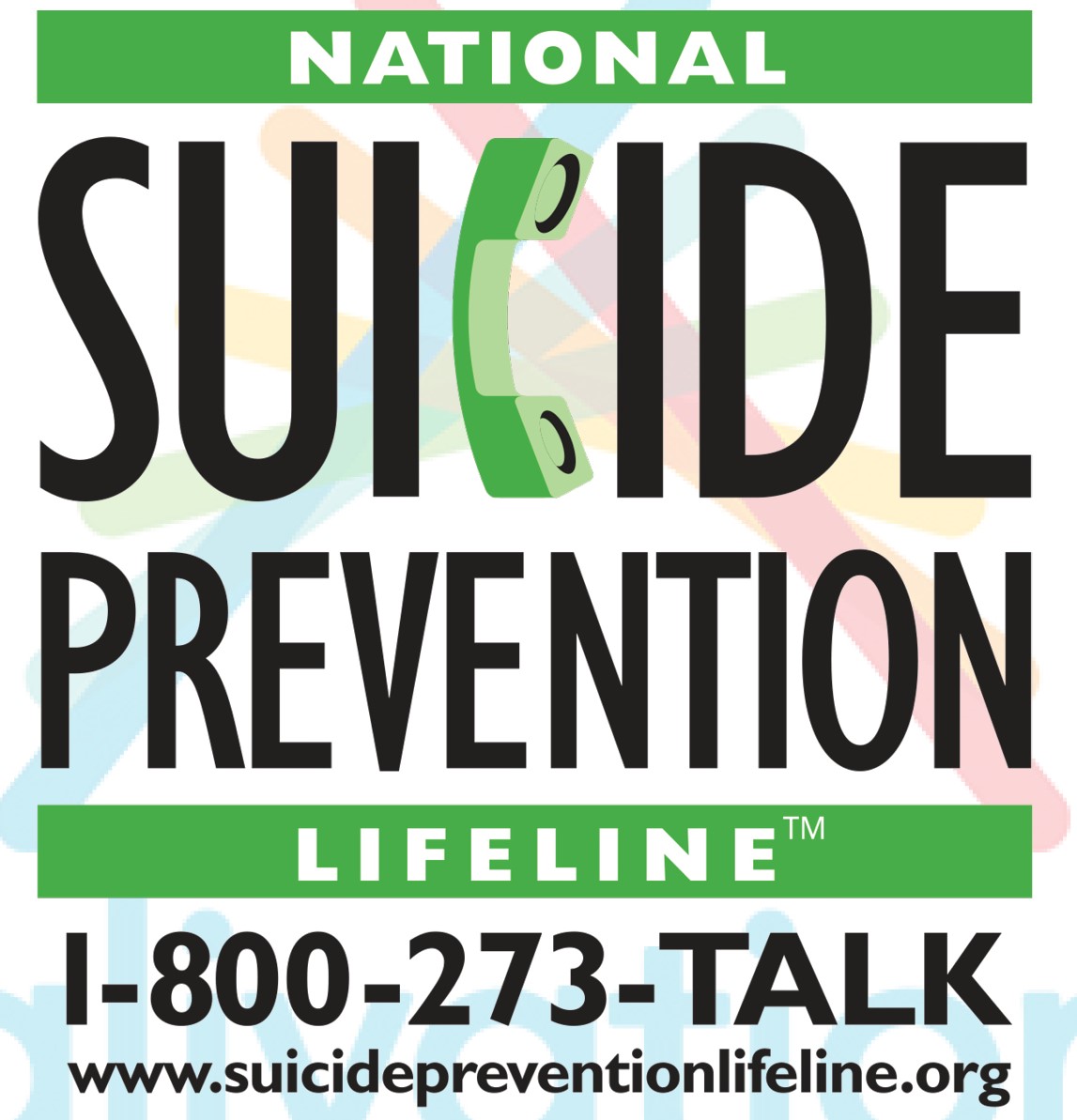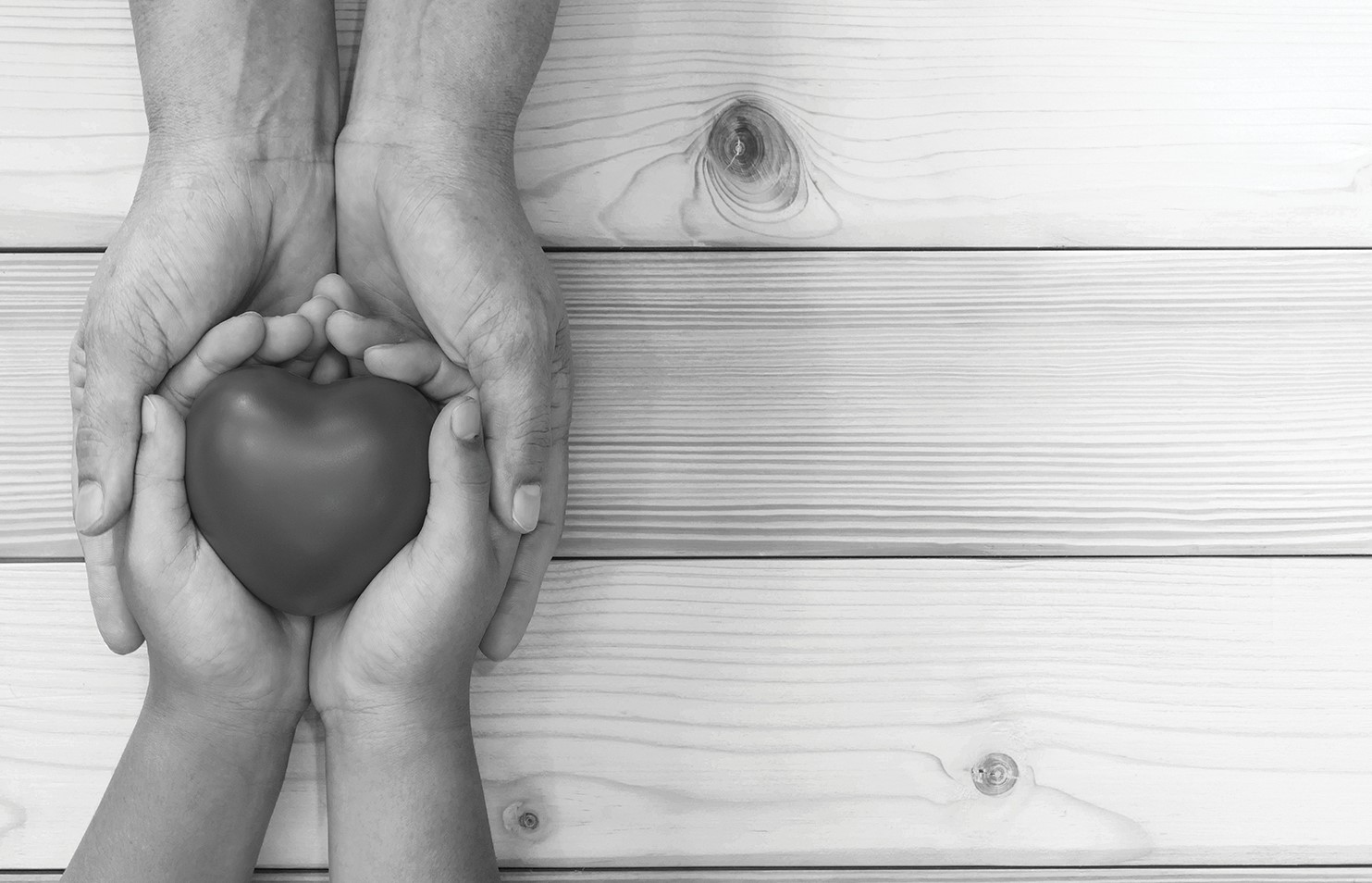Overcoming a Culture of Fear
A Friend with Depression
The Continuing Stigma of Mental Health
National Suicide Awareness Month
Overcoming a Culture of Fear

It’s no secret that the world around us has plenty to be afraid of.
We live in a precarious world. War, disease, mental illness, climate change, economic turmoil, crime—you name it, our daily life has it. We have changes and a troubled world, and the toll this knowledge takes on our psyche can be overwhelming. Indeed, it seems like every time you turn on the news, you see something new to be afraid of, something new that threatens our lives or makes us suspicious and uncertain.
Not to negate these issues, but we can overcome. Always.
That isn’t just sentimentality or optimism. Though we at Alivation are an optimistic bunch and believe in the best for everyone, it’s also grounded in fact: homicides and war deaths have decreased for centuries; world literacy is higher than ever; the percentage of people living in poverty has decreased; we’re conquering illnesses with new vaccines at amazing rates; humans live longer than at any point in history, and we live better—both quantity and quality of life has markedly improved. Statistics and history show us we’re getting better as a species, and the world is improving.
It can be hard to see that, of course. We see everything through a very filtered lens. The way the news frames stories often only show the negatives. It isn’t surprising: A thousand planes landing at their destinations safely aren’t good stories. A plane crashing is. So if it bleeds, it leads, at least in news parlance. It reinforces our beliefs that we live in a completely dangerous world, filled with uncertainty, and our doomsday clock as a species is constantly ticking down every second. It makes us believe what we’ve worked for can slip away any second, and our anxieties are magnified exponentially by a sense of urgency.
It’s important to stay vigilant and mindful of our perils, but also to keep them in context. Sometimes we do need fear to keep us safe. Sometimes we do need to worry about things in our lives, to keep us all safer. But we shouldn’t do it at the cost of our own mental health, and certainly not at the cost of living our lives normally. We can control some of this, and some of it we can’t. Taking stock of which is which is the most important thing we can do. Learning mechanisms for coping and getting better can also help us greatly.
All of this is just a way of saying it isn’t as bad as it looks, and while we deserve freedom from fear, the only way we can grant it is by education and slow, dutiful progress. After millennia of recorded history, we can see clearly how much things are better than they used to be, and that is owed to the work of millions who are trying to make things better. In our own realm of mental health, things have greatly improved even in the past few decades. Our strides forward are immense. We expect they’ll only get better as the years go on, and decreasing stigma, anxiety, and fear is a natural goal, one that seems increasingly reachable in a connected, aware world. Our knowledge can make us better, and overcoming negativity and fear seems like a worthwhile goal for everyone.
A Friend with Depression
You notice your friend acting differently.
That’s usually how it starts. It’s often subtle, you might not even notice most of the changes. It’s little things here and there, stray comments, lifestyle tics. They might go out less, talk less than normal, share less of their personal life with you than they used to. They might express anxiety over things previously normal, and might look uncomfortable in everyday situations. They’ll probably express a lack of interest in more things than usual.
We all have down moods, and small changes aren’t always big. That’s correct. Sometimes we have bad days. Sometimes we’re sad. It isn’t grief, though; your friend hasn’t lost anyone recently. They haven’t had major life changes. Work is going fine; if they have a relationship it seems to outwardly still be going on. If they were single, they’re still single. They have nothing new to report, and maybe just shrug when asked about how their life is. Nothing big, just the same old stuff. But they seem off, somehow. If asked to describe it, you might not be able to. How do you describe someone simply being quieter than normal?
Your friend starts to withdraw more inwardly. Social isolation seems preferable. You talk to them less; when you do, there’s less substance, less sharing. They’re reluctant to talk about the future. They might even express doubts about the future, or reply to normal questions with cynicism. If your friend was always a cynic, then it isn’t concerning. Usual pessimism stuff. But they also liked seeing people, chatting via text, sending memes or gifs, being fun. They do that less lately. Sometimes not at all. You still can’t quite put your thumb on it, but their behavior makes them seem different. It can be like Invasion of the Body Snatchers.
This continues for weeks. Your friend still insists nothing is wrong, even as you notice they’ve lost a few pounds, or possibly gained a few. They might be tired from lack of sleep, or conversely, might not want to hang out because they’re only interested in sleep, as much as they can get. Curtains closed, no phone intrusions, maybe watch TV and movies while laying in bed, but never enjoying them, and deriving no pleasure from eating. The sleeping only helps because when you’re asleep, you can’t be awake. You can’t be thinking. You can’t be depressed. You’re not you in your dreams, and that helps ease the pain and stress, if only for hours at a time.
In more severe cases, this progresses and stays there as a new normal. You almost never see your friend anymore. When they answer your texts, it’s spotty or reluctant. There’s no energy behind them. They make no plans. They might not leave their home or apartment at all anymore, and don’t seem to care when they lose their job or let previously close friendships disintegrate. Sometimes their relationship or marriage ends. It doesn’t matter anymore, really. When you get philosophy out of them, it’s only negative. Sometimes there’s talk of suicide, or questioning if it’s worth it. They frequently insult themselves, or use putdowns that render them less of a person. Some talk about light, or a lack of it, and feelings of total darkness. Sometimes they drink more to help curb their feelings, but it only weakens them more, and drops them further into a chasm. In rare moments of clarity, your friend might admit that they have depression. They won’t save themselves, you think; In your worst fears, you’ve failed, and you can’t save them.
Of course, this is only part of a story, and only one of millions of experiences with clinical depression. When you’re aware of the signs and symptoms and what to look for, you can help your friend with their challenges. Depression is often treatable. There is no victory or failure, and it doesn’t help to think in binaries. There is only gradual change and betterment. Your friend has numerous paths to recovery. You can insist on seeing them more, and helping them see the rest of their friends and social group. You reach out more, help them see their depression for what it is, and encourage them to seek medical help or counseling. They might be put on a medication for their illness. They might try TMS, or any other treatment therapies. They’ll find the support system they need.
In time, their condition improves, and your friend comes back, like you hoped they would. Sometimes they’re even stronger than they were before, with new clarity and understanding of who they are and what they want. Their depression may rear again, and it won’t always be easy, or even possible, to fix it. It might be worse before it gets better. But there is always hope when you know the signs, and when you care enough to always try for the people in your life who need you the most.
The Continuing Stigma of Mental Health

It’s common to turn on the news, or even movies and television, and see mental illness demonized. Sometimes it’s in very subtle ways, such as characters referring to each other as “crazy” or “insane”, or portraying those with depression, OCD, or schizophrenia as somehow deranged or negatively different. And whenever a notable crime, such as a mass shooting or a murder, occurs, the news is quick to dredge up mental health as a possible culprit. It’s a very blanket term for a wide swath of the population.
And that’s the problem.
Mental health, as we know it, encompasses a very wide range of conditions, illnesses, and challenges. It encompasses both positive and negative health of the mind. When a shooting happens, for instance, the media and politicians often say, “We need to focus more on mental health”, or they take a more direct route and just say, “Mental health is to blame.” We still talk about mental health in different terms than we do other forms of health. When someone passes away, we say exactly what killed them, not “We need to focus on physical health.” If they died from cardiac issues, we say we need to focus on hearth disease in this country. A car accident? Road safety. Homicide? Various forms of safety and crime issues. And so on.
This continues the stigma against mental health in small ways. The media either doesn’t want to, or isn’t capable, of always breaking down these complex issues in meaningful ways. But they try harder when it comes to physical health issues. They question more when it’s something they’re used to. Demonization of various conditions in mental health is still widely practiced, and unfortunately many people routinely misunderstand exactly what it means.
The key is to disentangle mental health from only negatives, and to accurately summarize specific conditions the way we do physical ailments. Just because they’re integrated doesn’t mean they’re equivalent. We shouldn’t just say someone who went on a killing spree had a history of “mental issues”, we should try, to our best ability, to actually use the specific terms. We don’t want to encompass every condition when we talk about a crime rooted in psychology, for we risk lumping everyone together and only further keeping people from seeking the mental health care treatment they need. It can also contribute to outdated misconceptions about mental health care, such as the notion they’ll be institutionalized automatically, locked up and left mad.
Defeating the stigma of mental health challenges starts with acknowledging there are many, many different conditions, many different forms of wellness, and unique goals from person to person. This field should be taken as seriously as we take physical health, and we should all personally take our challenges or mental health issues with the same degree of sincerity. We should push back against inaccurate media portrayals, or sensationalism for the sake of views, clicks, or pure revenue. Facts are still facts, and science is the key to understanding and fixing what ails us in all parts of our health.
If you’d like to get more involved in this cause, then please participate by correcting negative judgments and associations about mental health online. Help educate and inform friends and loved ones about stereotypes, and the facts surrounding mental health care in the United States. Stand up and support your friends and neighbors when decide to seek help for their challenges. Help them see that they’re making a beneficial choice. With work, the continuing stigma around mental health care can eventually be put to rest.
National Suicide Awareness Month

September is Suicide Prevention Month, and September 9 to the 15th is National Suicide Prevention Week. This is a great time to become educated about risk factors, symptoms, and signs. The most important steps a person can take are recognizing the signs and putting themselves or the person in contact with a health professional. Communication and openness are crucial to a successful recovery.
With suicide such a prevalent killer of young people around the world, raising awareness of it becomes a vital lifesaving initiative. Alivation has worked for years to educate, inform, and combat stigmas surrounding suicide. We do our best to let people know that depression and mental illness are serious conditions that warrant serious attention. We need to always be mindful of the feelings and situations of others. As we start to wind down 2019, this will only become more and more important.
There is no single established cause of suicide. It is often a variety of factors. Feelings of hopelessness or despair caused by health or stress issues is most common. Conditions like clinical depression, anxiety, or substance problems increase the risk. Depression often goes untreated in those who have it, exacerbating an already problematic situation.
The major warning signs to look out for are:
- Talking about killing themselves, or death
- Feeling hopeless, or no reason to live
- Feeling trapped
- Pain
- Feeling like a burden to others
It is essential to openly discuss suicide and its implications. That way, we can better understand why it occurs, who is at risk, and what we can do to prevent it. There are few among us who haven’t been touched in some way by a friend, loved one, or an acquaintance taking their own life. Suicide is the 10th leading cause of death in the US. Among people between the ages of 10 and 34, suicide is the second leading cause of death. On average, 123 suicides occur daily.
Often, those who are contemplating suicide may engage in risky behaviors, increase their drug or alcohol use, become socially isolated, become aggressive or irritable, sleep too much or too little, withdraw from family, and say goodbyes to friends and loved ones. Some environmental factors that might signal suicidal thoughts or desires are major life events or traumas, divorce, financial crisis, prolonged stress, rejection, or bullying. Psychological factors include depression, schizophrenia, bipolar disorder, traumatic brain injury, and a history of childhood abuse or suicides in the family. If the person has ever attempted suicide, the likelihood goes up even more.
Just because suicide has touched all our lives in some way or another doesn’t mean the situation is hopeless, or change is impossible. The isolation can be overcome. It starts with the power of connection. It starts small and grows from there. It begins with telling yourself and others that you matter, that you are loved, and that the world is better if you’re here for another day. Many just need to feel loved and heard by those near them. There are always people who care about you, even if they don’t always show it.
For those considering suicide and need immediate assistance, call the national suicide hotline at 1-800-273-TALK.

